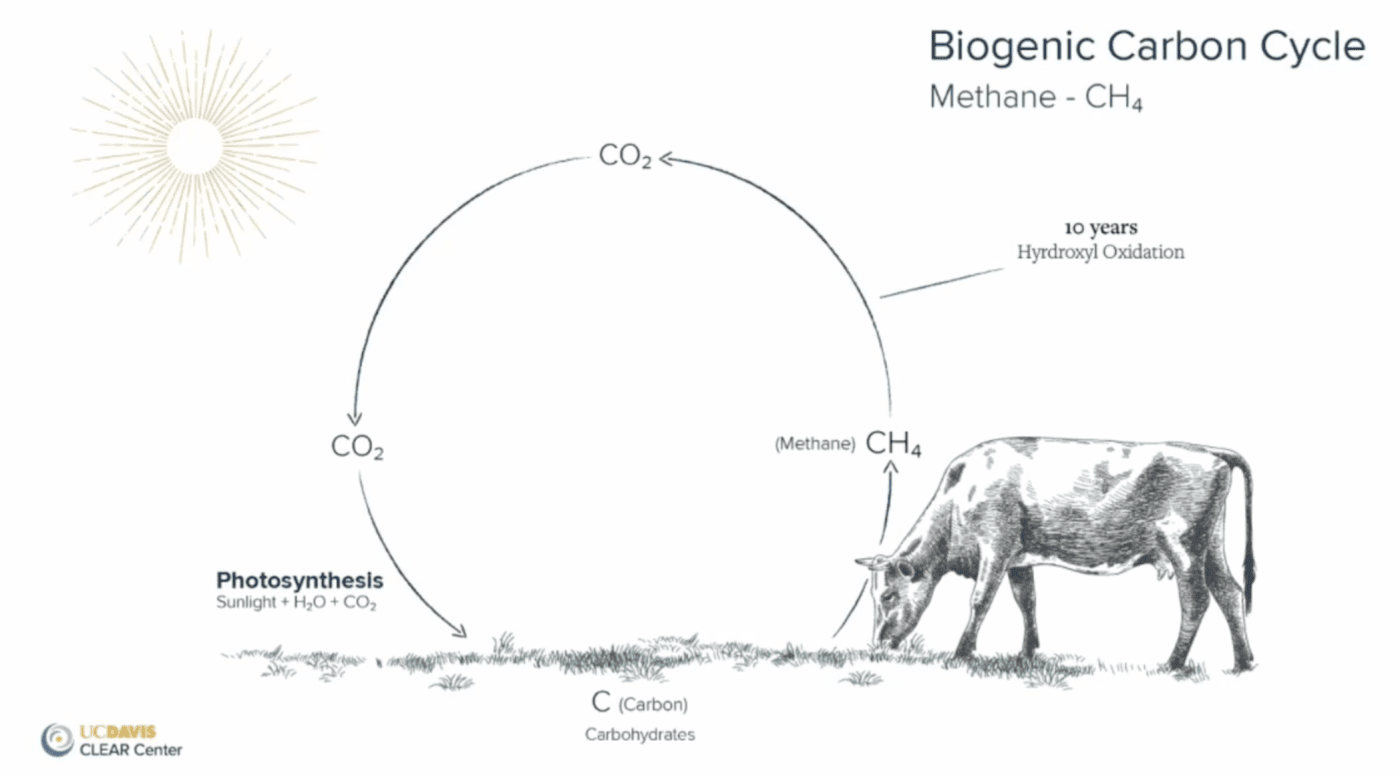AGRICULTURAL groups have made a big push for recognition of the short-lived nature of livestock methane emissions in the Federal Government’s main climate-related target.
The industry is the first of six sectors the government is making a “decarbonisation plan” in a bid to reach its goal of net zero emissions by 2050 – with written submissions to the plan made public this week.
CSIRO research suggesting the cattle industry could no longer be contributing to additional global warming by 2026 and that the sheep meat sector was already “climate neutral” was a consistent theme throughout the major agricultural group’s submissions.
Adopting “climate neutral” as a central target and moving away from the beef industry’s highly publicised carbon neutral by 2030 goal has been one of the main policies of the grass-fed cattle industry’s peak lobby group, Cattle Australia, since it took over from Cattle Council in 2022.
The main push has been about recognising the short-lived nature of livestock methane emissions, which are said to breakdown over 12-years – an aspect that is not recognised in the current reporting metrics used across the world.
While CN30 is still a target in the Red Meat 2030 plan and was still mentioned multiple times in the Red Meat Advisory Council and the National Farmers’ Federation’s submissions, separating methane from fossil fuel-related carbon dioxide was also a prominent point.
RMAC calls for recognition of warming impact
In its submission, RMAC pointed to the different metrics tailored towards, including the GWP star (global warming potential) and radiative forcing footprint, which both take into account the breaking down of methane.
“Climate neutral is temperature-based, rather than a GHG emissions target and is aligned with the Paris Agreement which aims to strengthen the global response to the threat of climate change by limiting the rise in global average temperature to well below 1.5°C above pre-industrial levels,” the submission says.
 “The Federal Government’s decarbonisation plan should incorporate our industry’s progress towards climate neutrality so that we can share our successes, including when we cease to have impact on temperature rising and when we begin to go over and above achieving no additional impact on warming.”
“The Federal Government’s decarbonisation plan should incorporate our industry’s progress towards climate neutrality so that we can share our successes, including when we cease to have impact on temperature rising and when we begin to go over and above achieving no additional impact on warming.”
Still a task ahead for agriculture, NFF
The NFF also made several mentions to the short-lived nature of methane and the work of University of Oxford professor Myles Allen and University of California Davis professor Frank Mitloehner.
“Unlike fugitive fossil fuel emissions, agricultural emissions are predominantly biological, are a natural process, and broadly cyclical in nature. Recognising that methane has a significantly lower atmospheric lifetime than CO2 which can persist for decades longer, methane emissions from livestock are not as persistent or damaging as CO2 emitted from fossil fuels,” the submissions said.
“Furthermore, if the total number of livestock in Australia remains constant, farmers’ contribution to additional global heating through methane emissions from the national herd will not contribute to additional warming. Prof. Mitloehner and Prof. Allen, two livestock experts in the field, agree there is a task for ruminant agriculture, but it must be viewed through an appropriate prism of a need for innovation, realistic ambition, and more accurate reporting.
“If farmers reduce emissions beyond this baseline, it will have the equivalent effect of actively reducing warming from the atmosphere, and hence must be rewarded. Agriculture will continue to contribute; other sectors will appropriately achieve reductions much more sharply.”
Climate neutral still a “net zero” target
Speaking to Beef Central, Cattle Australia director Adam Coffey said climate neutral was inherently a “net zero” achievement – given “net zero” has traditionally applied to big CO2 emitters, like fossil fuel companies, who need “zero” emissions to stop contributing to global warming.
Mr Coffey said separating methane emissions from CO2 would help industry be part of the solution to climate change, especially given agriculture’s ability to sequester carbon through vegetation and soil.
“We seek supplementary reporting and further support to understand the unique nature of our biogenic emissions and indicate our continued ambition to be part of the climate solution by helping heavy-polluting sectors and government as a whole to achieve their net zero ambitions,” he said.








HAVE YOUR SAY